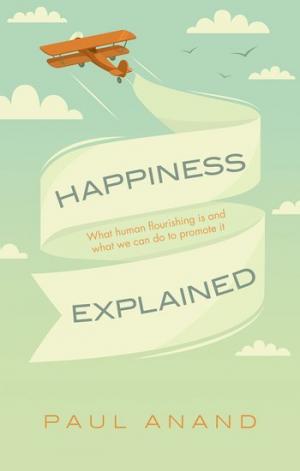You are here
- Home
- Why Are Danes Happiest People on the Planet?
Why Are Danes Happiest People on the Planet?
30 March 2016

Questions about happiness have always been central to human existence. Now, a new book from IKD member Paul Anand offers a science-based understanding of human happiness and its promotion. Drawing on a range of scientific research from economics, psychology and philosophy, Happiness Explained shows why the traditional national income approach is limited both as a measure of human wellbeing and global and national progress, and demonstrates how the factors that contribute to quality of life can be measured across our life course.
Although the specific details vary across ages and cultures, findings show that quality of life for almost all of us depends on fairness, autonomy, community and engagement. Discussing aspects such as parenting, employment, friendship and health, as well as personal strategies and governmental polices used in the pursuit of happiness, Professor Anand argues for and illustrates a fresh approach to policy and practice in education, health services and economics, providing a new blueprint for the assessment of progress.
Happiness Explained is published by Oxford University Press. Nobel Laureate Professor Amartya Sen writes:
"Paul Anand's brilliant book on happiness is also a fine contribution to the ethical foundations of economics. It combines exceptional lucidity with analytical rigour, and shows that the so-called dismal science need not be dismal at all."
Read more about a global competition for the best essay or blogpost by a student aged 12-18 in response to Happiness Explained.
Share this page:
Monthly Archive
- March 2024 (1)
- November 2023 (1)
- February 2023 (1)
- January 2023 (1)
- November 2022 (1)
- October 2022 (1)
Contact us
To find out more about our work, or to discuss a potential project, please contact:
International Development Research Office
Faculty of Arts and Social Sciences
The Open University
Walton Hall
Milton Keynes
MK7 6AA
United Kingdom
T: +44 (0)1908 858502
E: international-development-research@open.ac.uk
.jpg)